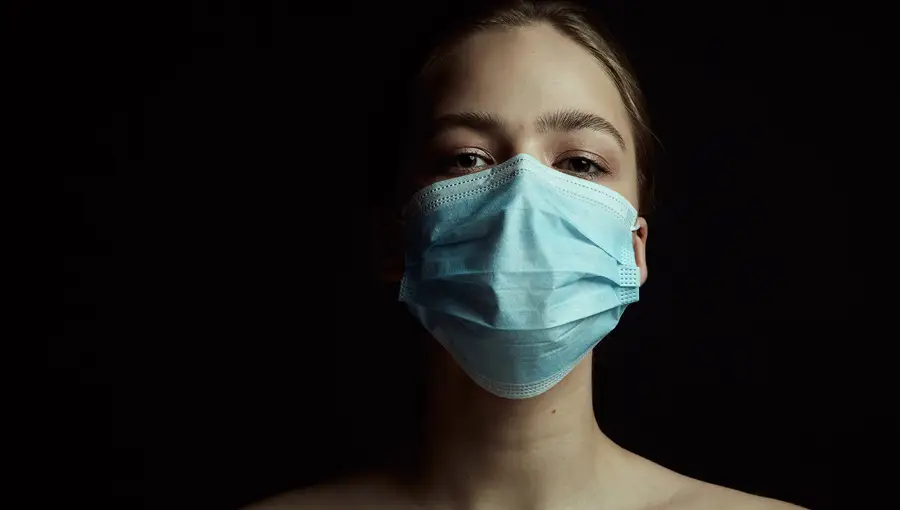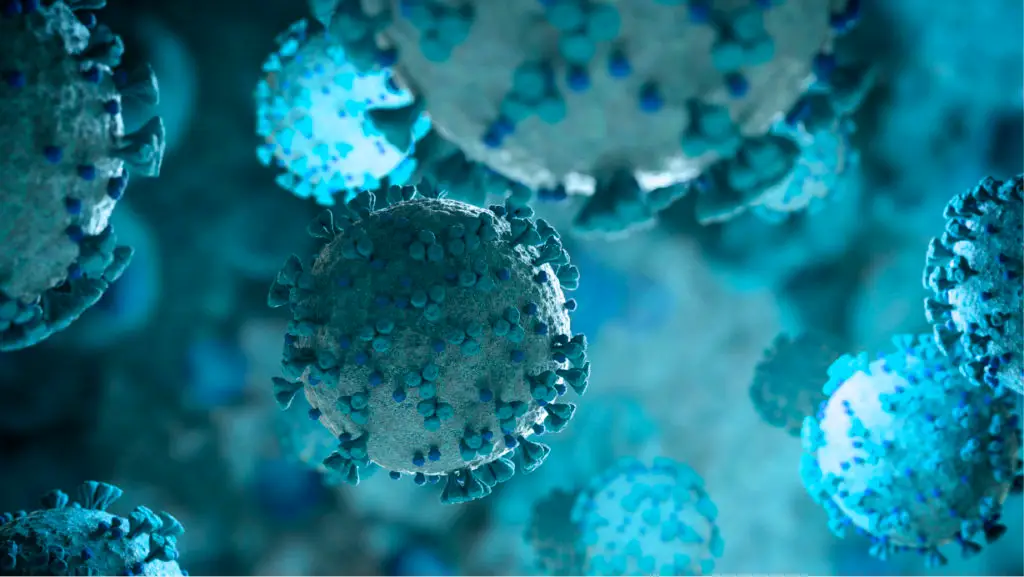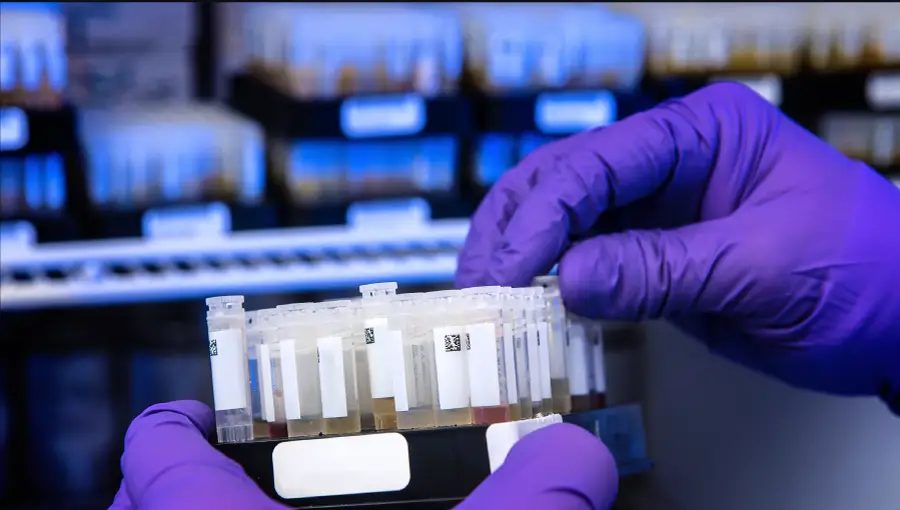Case Study
Ozette’s AI in the
battle against Covid.

Summary

COVID-19 shares similarities with other respiratory infections, yet we still have a limited understanding of the immune response to SARS-CoV-2. To better understand the immune landscape of patients with severe COVID-19, a study led by Drs. Vick, Frutoso, Prlic, and Lund characterized the immune profile of hospitalized COVID-19 patients compared to those infected with influenza virus, RSV, and healthy controls. To aid these immune characterizations co-founders Evan Green and Raphael Gottardo applied computational methodology they developed, the precursor of Ozette’s technology, to conduct unbiased discovery and annotation of phenotypes in these single-cell immune data.
In this study, deep immune profiling provided by full annotation using shape-constrained trees (FAUST, a precursor to Ozette’s technology) revealed two key immune insights that inform how we think about respiratory viruses and treatment. First, they observed similar circulating immune cells and similar phenotypic changes between respiratory infections, indicating that similar treatments might be effective across these viral infections. Interestingly, there were key immune differentiators, including a SARS-CoV-2-specific signature composed of T regulatory cells, previously uncharacterized using standard methodology. While additional studies are needed, these initial insights inform potential therapeutic strategies to limit severe COVID-19 diseases.

Case Study
Going beneath the
surface of skin cancer.
